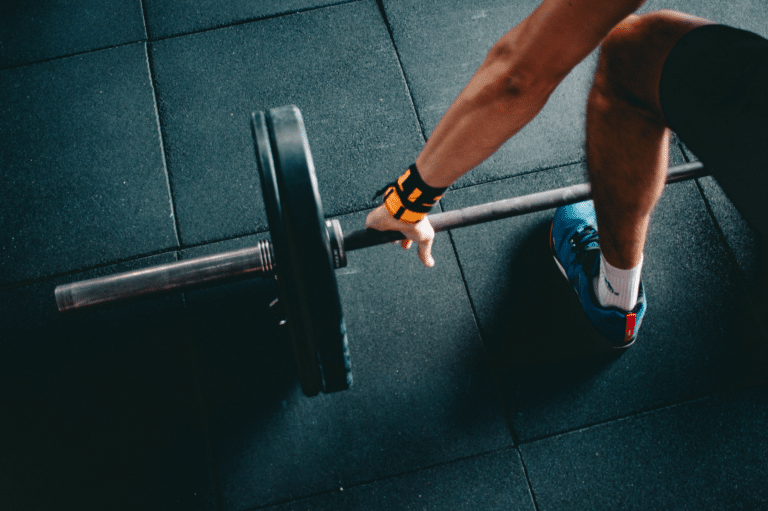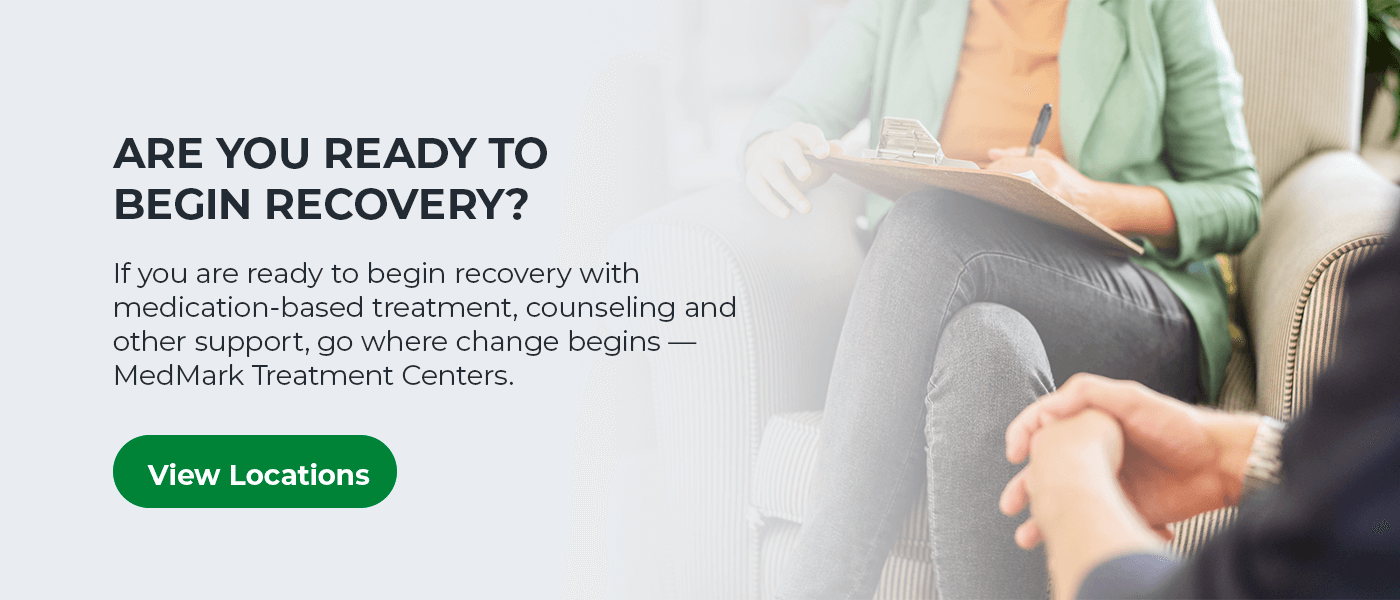Recovery from addiction may involve medication-assisted treatment, counseling and other forms of support. Many individuals also seek to develop healthy new habits to support their recovery mentally and physically. Physical activity during recovery can make all the difference.
Does Working Out Help Recovery from Opioid Use?
Exercise plays a crucial role in recovering from opioid use. It does a lot more than just improve physical fitness. Regular exercise increases endorphins, the body’s natural chemicals that make you feel good, and helps balance the chemicals in your brain. This is really important because it can lessen withdrawal symptoms like feeling anxious or depressed. Exercise also helps reduce the desire to use opioids and can make sleep better, which is super important when you’re recovering. Starting to exercise after you’ve finished treatment is a great way to keep yourself busy and focused on something positive, shifting your thoughts away from opioid use. This holistic approach to recovery, combining physical health with treatment, can be instrumental in achieving and maintaining the path to recovery.
The Benefits of Exercise in Addiction Recovery
For individuals embarking on the journey of recovery, integrating exercise might not always be an immediate priority. However, as recovery progresses and the body starts healing, the benefits of physical fitness become increasingly evident:
- Mental and Emotional Well-being: Exercise is known to enhance cognitive function and alleviate symptoms of depression and anxiety, providing a substantial boost to mental health during recovery. The feel-good aspect of regular physical activity also contributes to emotional well-being.
- Physical Health Improvements: Regular exercise promotes heart health, reduces cancer risk, and lowers the chances of developing type two diabetes and obesity. These benefits are particularly crucial for individuals in recovery who might be facing health challenges or are keen on committing to long-term wellness.
- Fostering Community and Healthy Habits: Often, pre-recovery social lives may revolve around substance use. Establishing a new, supportive community is critical. Participating in fitness activities like running groups, gym sessions, and other sports can offer valuable social connections and encourage healthy living.
- Building Self-Esteem: Commitment to a fitness regime can enhance self-discipline and self-esteem, particularly as physical improvements become visible. This boost in confidence is a powerful ally in the recovery process.
Research suggests that exercise should be a key component of a multi-pronged approach to recovery. Studies in both humans and animals indicate improved outcomes in addiction recovery, including for opioids and cocaine, when exercise is part of the treatment plan.
Begin Your Recovery Journey with MedMark
If you’re ready to begin your recovery journey and start medication-assisted treatment, counseling, and adding good habits like exercise into your life, Our MedMark Treatment Centers are ready to help you out. Our approach with medication is designed to lessen your cravings for opioids and make withdrawal easier, helping you stay involved in your treatment. Along with our targeted counseling for substance use, our goal is to help you understand and deal with the root reasons behind your opioid use. This way, we aim to guide you in changing how you think and act, leading to a recovery that lasts. Get in touch with MedMark to find the closest treatment center and make that important move towards a better future.


